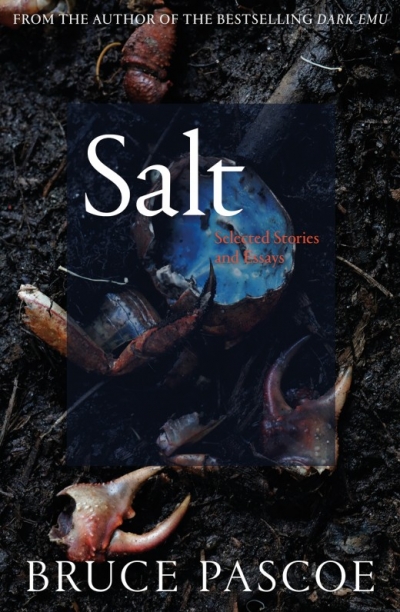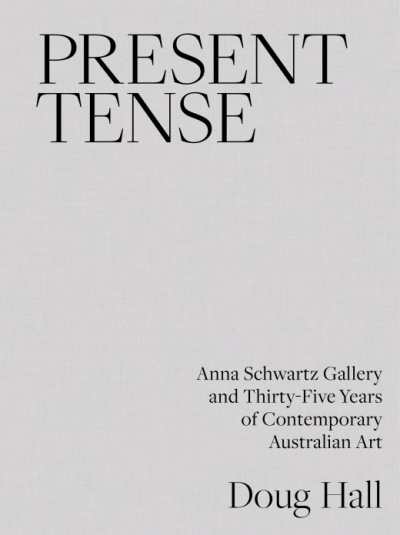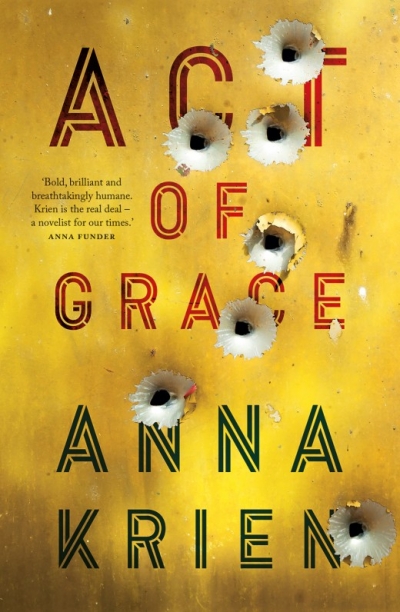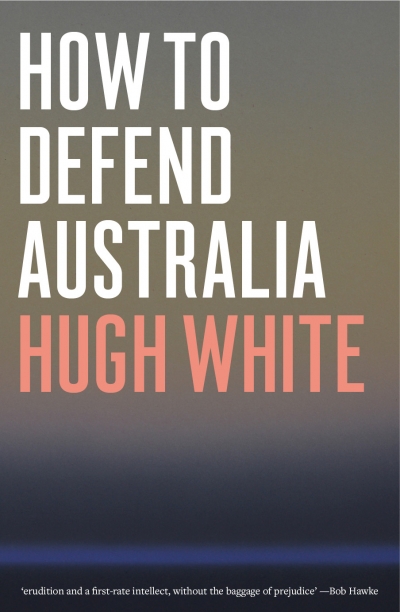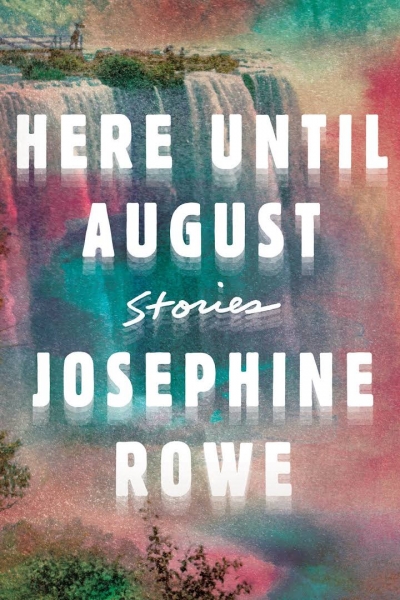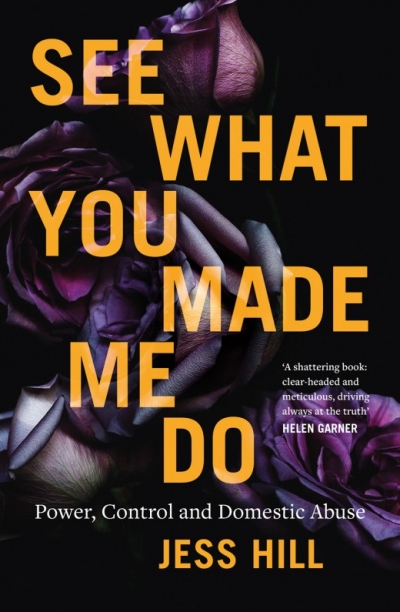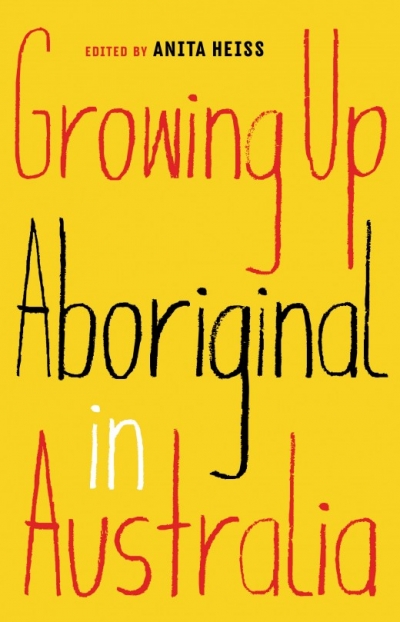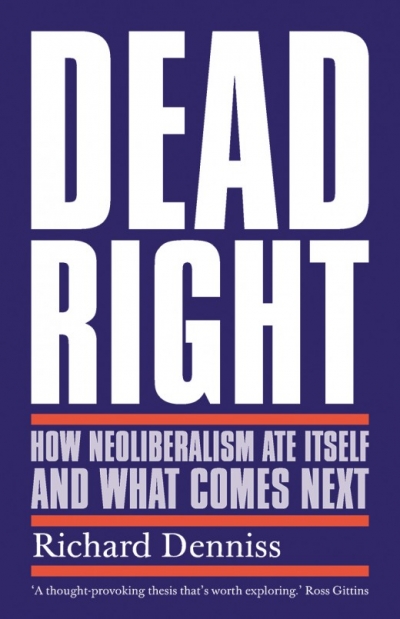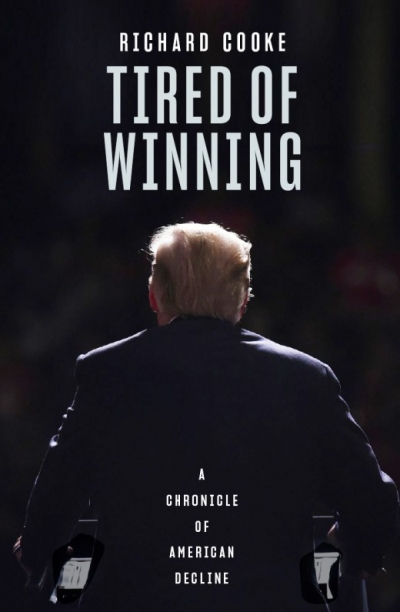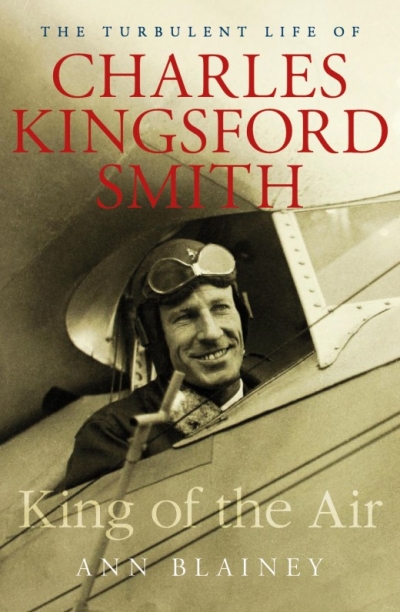Black Inc
Present Tense: Anna Schwartz Gallery And Thirty-Five Years Of Contemporary Australian Art by Doug Hall
by Sophie Knezic •
Here Until August: Stories by Josephine Rowe & This Taste for Silence: Stories by Amanda O’Callaghan
by Bronwyn Lea •
See What You Made Me Do by Jess Hill & Rape: From Lucretia to #MeToo by Mithu Sanyal
by Zora Simic •
Dead Right: How neoliberalism ate itself and what comes next by Richard Denniss
by Rubik Roy •
Tired of Winning: A chronicle of American decline by Richard Cooke
by Varun Ghosh •

